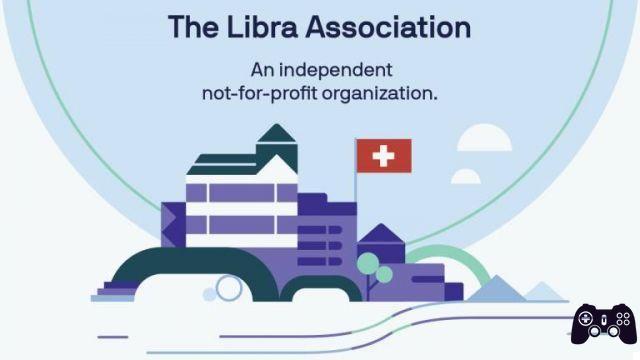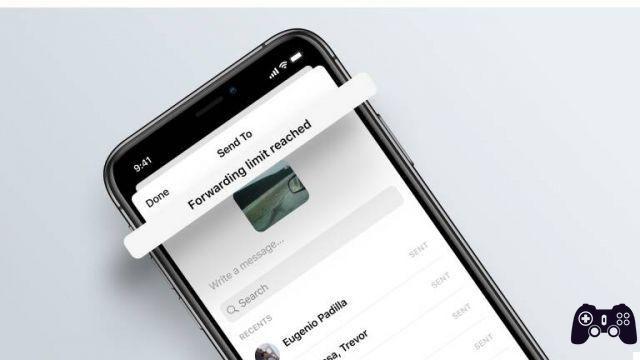Vodafone abandons Libra and comes out of Mark Zuckerberg's ambitious project to create a new cryptocurrency. It is yet another step backwards by the companies that had initially joined the project. In fact, Booking, PayPal, eBay, Visa, Mastercard, Stripe and Mercado Pago preceded the telephone operator.
However, the departure of some founding members does not appear to have dented the project's global aspirations. Indeed, the Libra Association - the association that will manage the currency - has repeatedly confirmed that since the announcement of 18 June it has registered the interest of over 1500 companies, 180 of which compatible with the preliminary criteria provided for by the policy.

Vodafone leaves without however excluding the possibility of a new collaboration for the future. "We will continue to monitor the development of the Libra Association and will not rule out the possibility of future cooperation," a spokesperson for the company told Reuters. For the time being, the resources previously used for Libra will be allocated to its own project M-Pesa, a system for the transfer of money and microcredit launched in 2007 by the subsidiary Safaricom, which Vodafone intends to expand internationally by taking it to other countries. It is currently only available in Kenya, Tanzania, Afghanistan, South Africa, India, Romania and Albania.
Implementing the Libra project seems more complicated than ever. Since it was officially announced last June, Facebook has faced criticism and skepticism from authorities around the world citing concerns about the data security, money laundering and consumer protection. The giant has always stressed that the partners who will provide financial services will be required to comply with anti-money laundering regulations and that users' personal data will not be stored nor will they be shared with the popular social network.

The skepticism towards Facebook stems from the Cambridge Analytica scandal with which Zuckerberg's company has lost faith in the eyes of the public opinion. To ensure stability, Libra will be controlled by a Swiss foundation (Libra Association in fact) and will be a stablecoin whose value is linked to a reserve of real assets. This would ensure scalability and security compared to existing cryptocurrencies.
The various national legislative bodies, however, move with caution, asking first for the formulation of a clear and precise regulatory framework. Therefore, considering the legislative obstacles that Libra is encountering, it now seems almost impossible to launch it by 2020, as initially planned. To complicate the situation even more, there is an attempt by central banks around the world to create their own digital currency. In short, there is still a long way to go for Libra.
Xiaomi Redmi Note 8T is now also available on Amazon at 179 euros.






